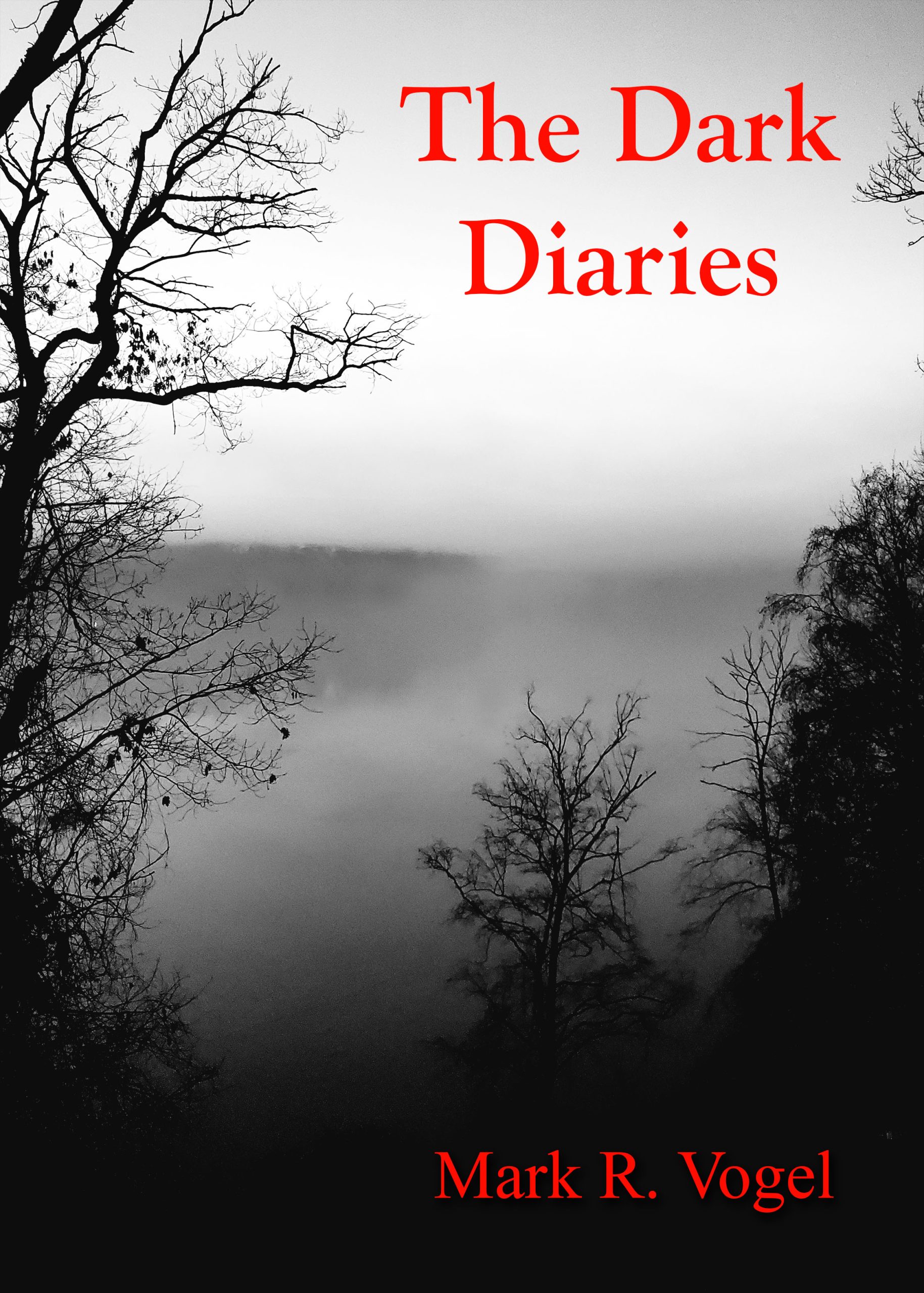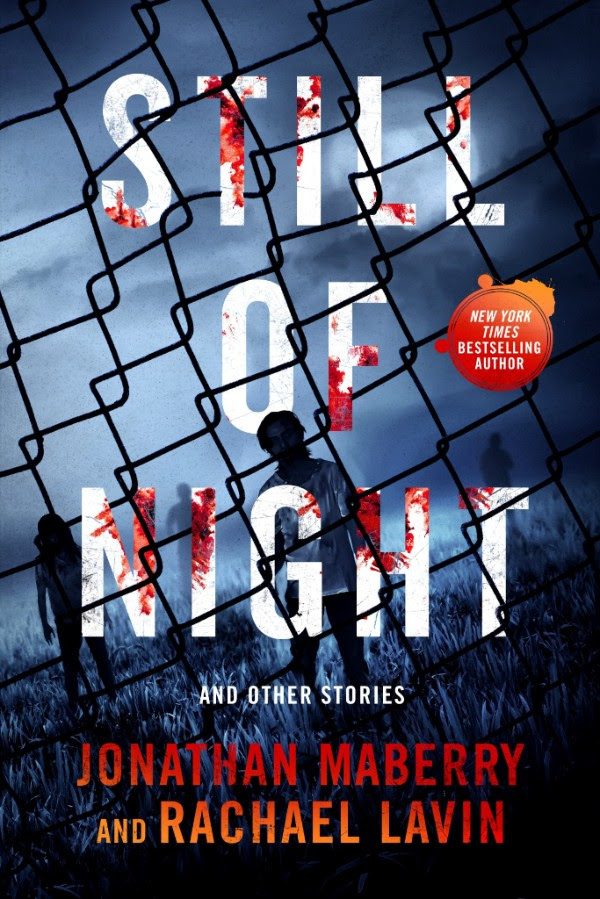 Like the taut belly-flesh of its eponymous creature, the plot of Ronald Malfi’s novella Skullbelly is downright skintight, weighing in at a lean, mean 135 pages. Seattle-based private investigator John Jeffers has been hired to determine what happened to three teenagers who disappeared while on a camping trip in Oregon, and why only a single surviving member of the party, Tommy Downing, came staggering out of the woods, wounded and catatonic. Jeffers finds that the local police investigation was perfunctory at best, and perhaps purposely superficial.
Like the taut belly-flesh of its eponymous creature, the plot of Ronald Malfi’s novella Skullbelly is downright skintight, weighing in at a lean, mean 135 pages. Seattle-based private investigator John Jeffers has been hired to determine what happened to three teenagers who disappeared while on a camping trip in Oregon, and why only a single surviving member of the party, Tommy Downing, came staggering out of the woods, wounded and catatonic. Jeffers finds that the local police investigation was perfunctory at best, and perhaps purposely superficial.
Jeffers’ detective work leads to an encounter with a local artist, who relates the legend of the eponymous creature:
“They say it looks sort of like a man, if you don’t look too closely at it, only bigger than a man. It’s hair- less, too, and with skin like rubber. It’s got large claws on its hands and a dagger-like spike on each foot, which it uses to pierce the thick trunks of the redwoods so it can climb. Legend says it lives among the redwoods and eats bad children who don’t listen to their parents… it had this large, bulbous belly, and when it would eat a lot of children and get real fat, the skin of its belly would pull so taut that it would become transparent and you could see the partially-digested bodies of the children in there, sizzlin’ in its stomach acids.”
A subsequent trip to the edge of the dark, unforgiving forest where the kids disappeared results in a close encounter with…something unseen, leaving Jeffers a bit shaken and not quite so skeptical about local folklore. Jeffers is an offbeat protagonist, a 52-year-old loner and jazz aficionado; a former cop who was forced to leave the force after being wounded in a shooting. He’s cynical, self-deprecating, and occasionally bemused about where life has led him — in short, he seems like a real person, not just another fictional PI.
If there’s fault to be found with Skullbelly, it’s that the ending is a bit abrupt, and the whole thing feels like the first section of a longer work, not a complete story in and of itself. I’d like to read the longer version of the story if one should ever come to pass, but in the meantime Skullbelly is a fast, intriguing read.
- CROGIAN - August 17, 2013
- Dark Dreams, Pale Horses - November 25, 2012
- Black Horse and Other Strange Stories - August 13, 2012
- Sudden Death Overtime - August 13, 2012
- Pray to Stay Dead - August 13, 2012
- Acheron - August 13, 2012
- The Female of the Species - August 13, 2012
- Deadfall Hotel - April 17, 2012
- Terra Damnata - April 17, 2012
- Lest You Should Suffer Nightmares: A Biography of Herbert van Thal - November 9, 2011







